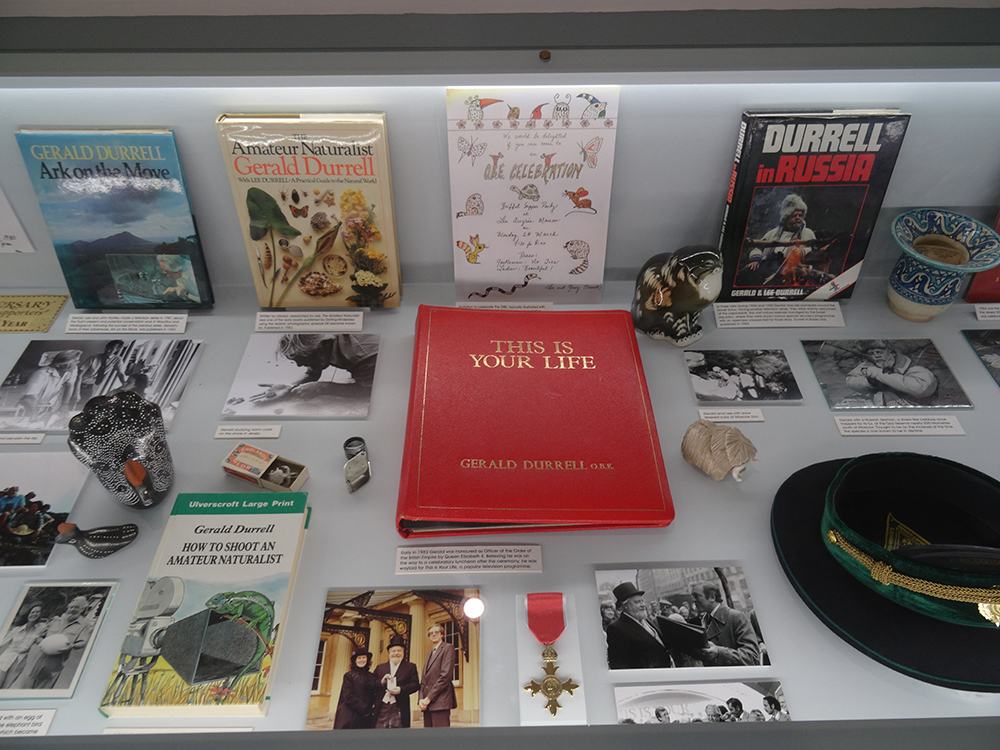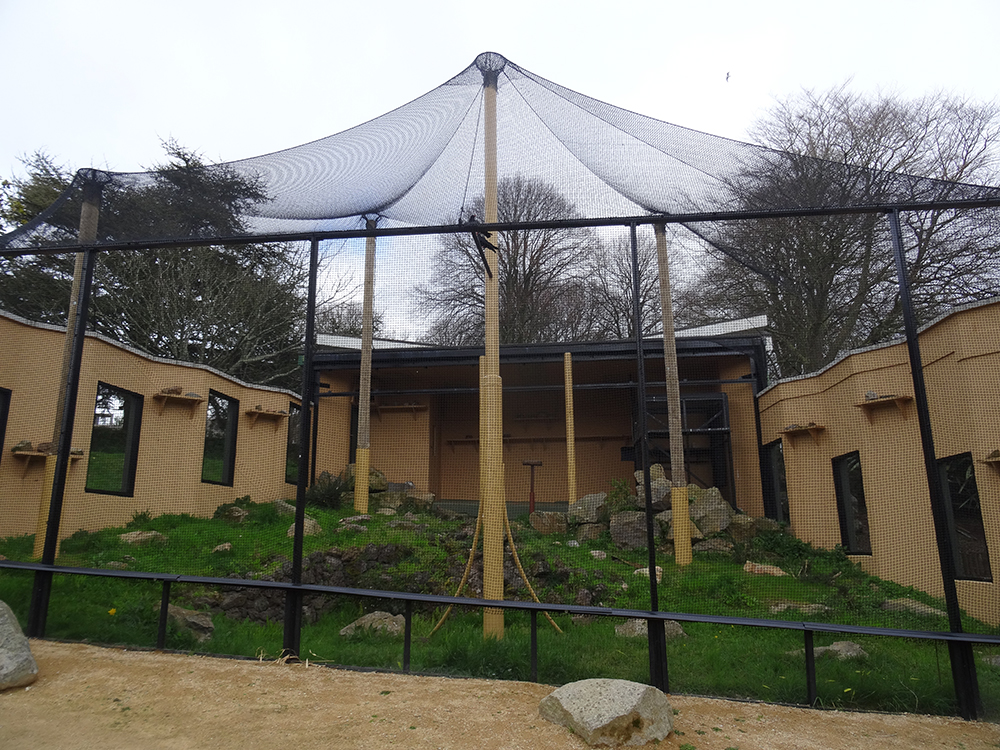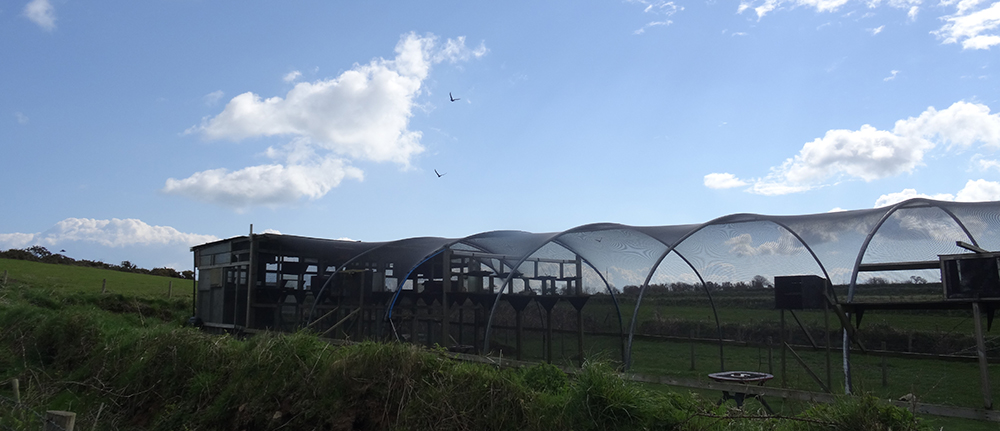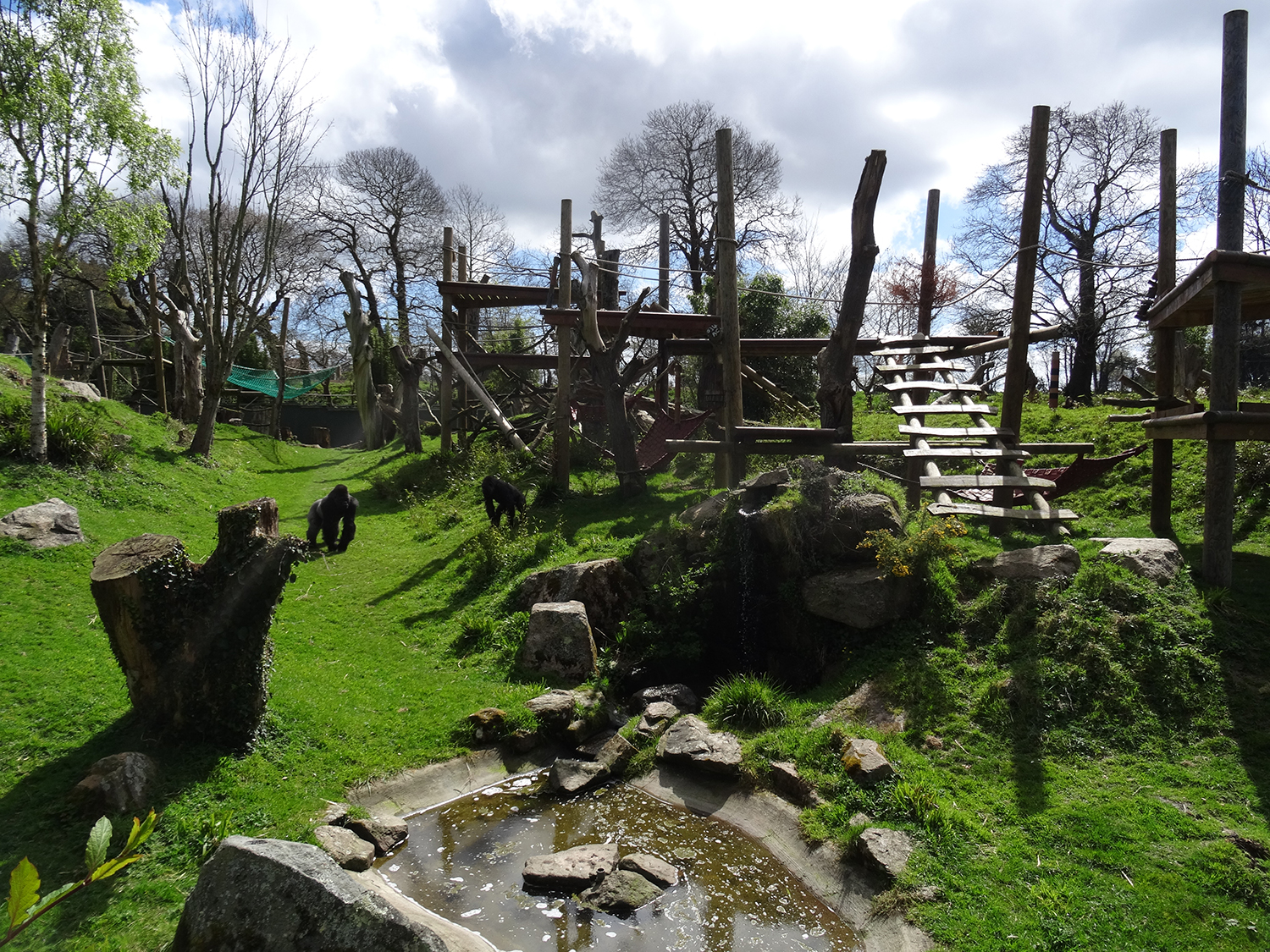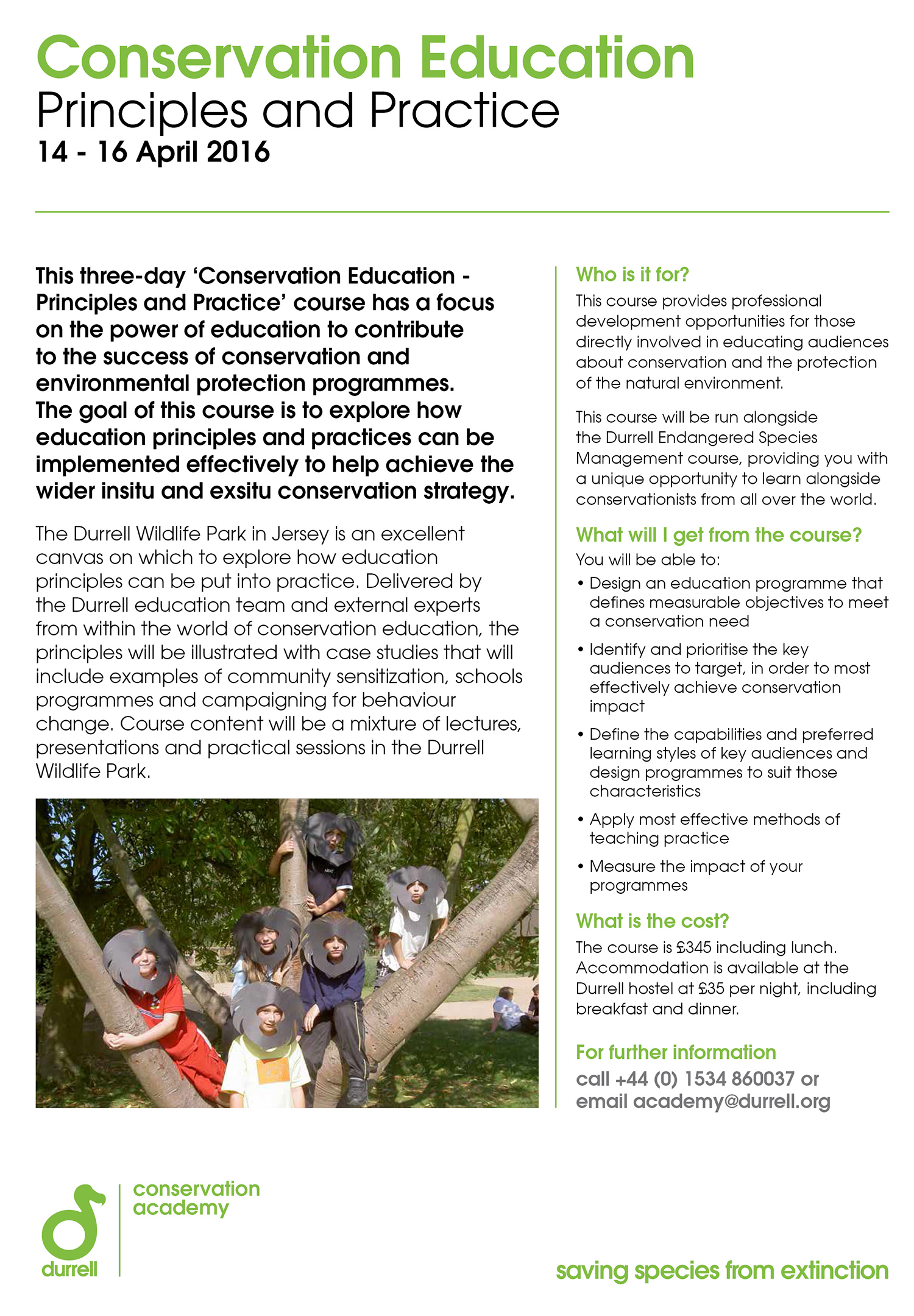Its great to work with diverse audiences, and to share my passion for the natural world and conservation. At a talk given for approx 150 members of U3A (University of the Third Age), I was asked do I “give such talks to inspire and enable young people, as everyone here is ‘old'”. My response is yes, but also everyone is important and has a role to play in behaviour change and sustainable living – and grandparents and retirees are very important role models and people who have influence and impact. Education is for all and life-long.
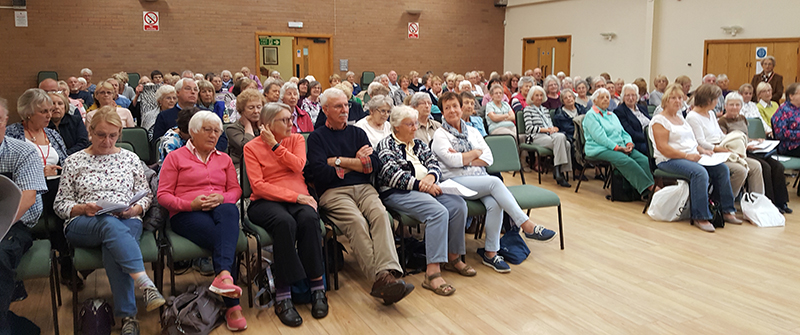
It’s interesting to reflect that in general, all young children are excited by and curious about nature around them. Even with all the technological gadgets and games, children still find joy and wonder in seeing live animals and playing outdoors. At some point however, and often in those difficult “teenage years”, it seems the relationship with nature changes for many, and they loose the awe and wonder at the world around them – such as how wonderful and amazing a tree is; the diversity of animals and plants etc. Then this interest is often rekindled when they become parents, and lost again as the child grows… and returns as a grandparent.
It may be ‘natural’ to have this up and down relationship with the world, but the risk and challenge is that our impact on life and the world around us, particularly in those periods we ‘loose the connection’ can be extreme as we get sucked into consumerism and stress of modern life. The fact that companies still spend millions on advertising (often for things we don’t need or to make us buy one brand over another), shows that adults have power and can through their choices have impact affecting others. So in conservation education work and our wish to ‘change the world’ it is appropriate and desirable to focus on adults and rekindle that connection to nature and turn it to positive action that makes a difference.

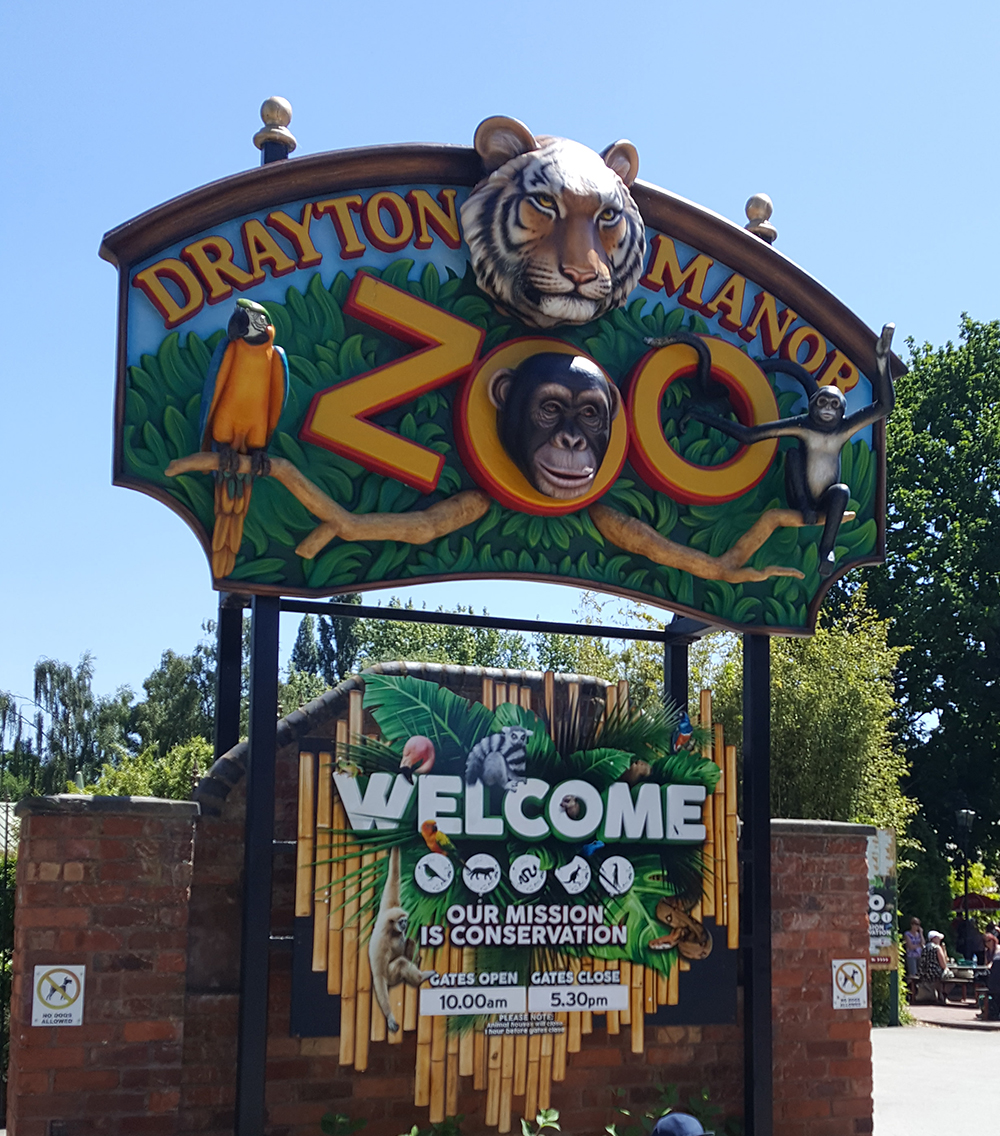
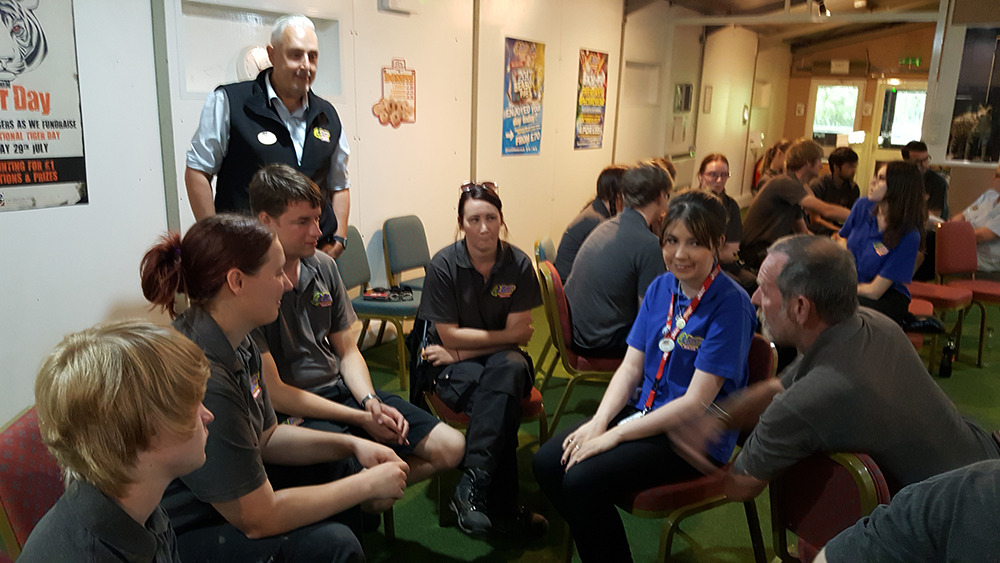
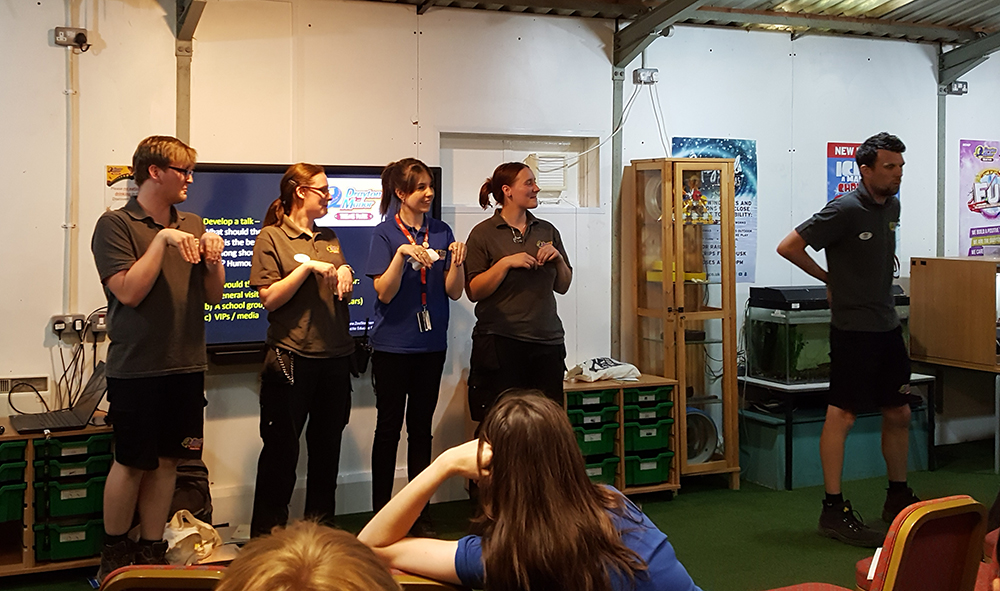
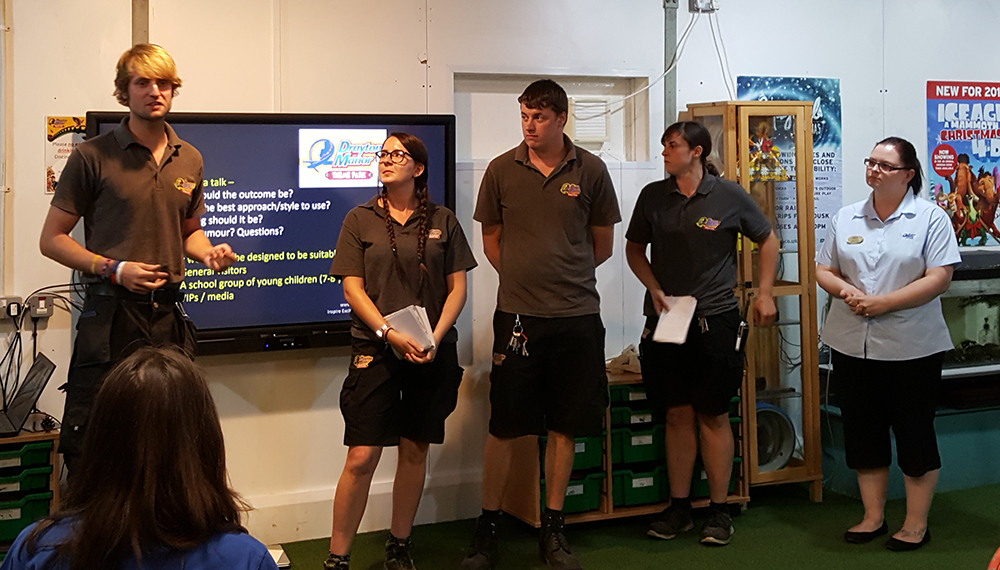
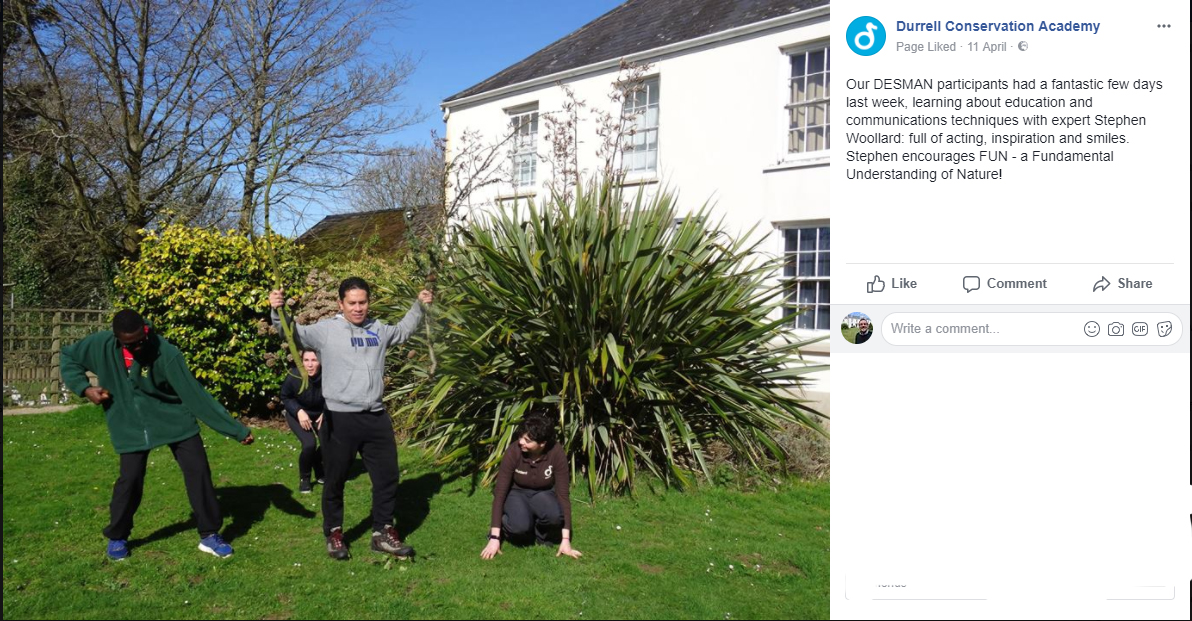 There is hope for the future. Conservation is often depicted as a battle and struggle, full of responding to ‘bad news’ and events – which undoubtedly it is. However, we should also be optimistic and celebrate the good news and success stories too. No conservation project, no matter how well conceived, planned and intentioned, will fully succeed unless it has the support of the people. Thankfully there are some amazing, inspiring and dedicated people around the world, working to conserve, protect and develop our understanding of nature. Some of these people are the participants in the Durrell Conservation Academy DESMAN course.
There is hope for the future. Conservation is often depicted as a battle and struggle, full of responding to ‘bad news’ and events – which undoubtedly it is. However, we should also be optimistic and celebrate the good news and success stories too. No conservation project, no matter how well conceived, planned and intentioned, will fully succeed unless it has the support of the people. Thankfully there are some amazing, inspiring and dedicated people around the world, working to conserve, protect and develop our understanding of nature. Some of these people are the participants in the Durrell Conservation Academy DESMAN course.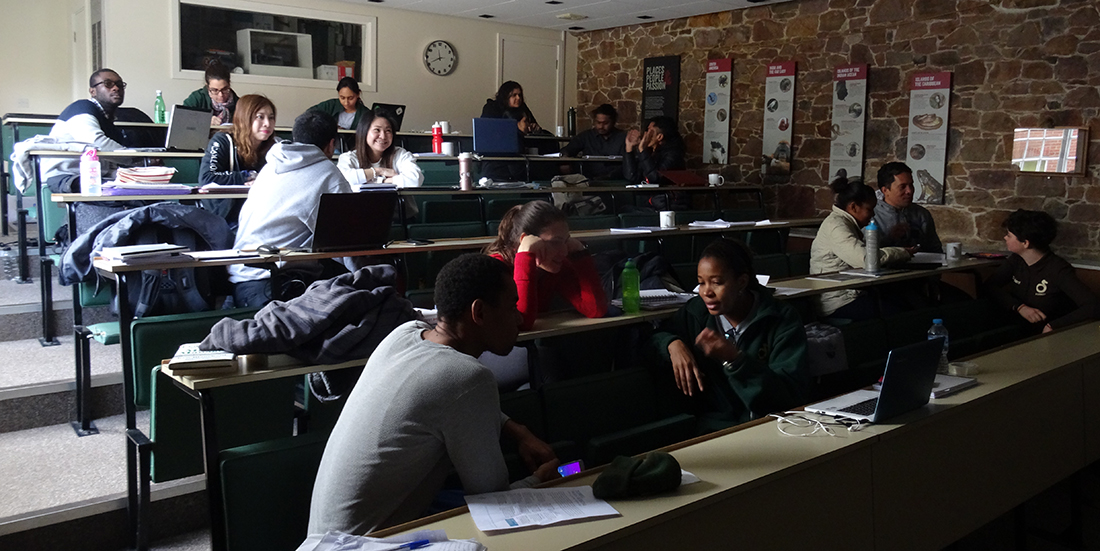 It was an honour and privilege to be invited to speak and lead a few days workshops for the DESMAN in Jersey once again; the third year I have done this. My education and communication ‘course’ was well received and I thoroughly enjoyed engaging with this year’s students who came from: Armenia, Brazil, Canada, China (Hong Kong), India, Nigeria, Samoa, St. Lucia, Seychelles, Sri Lanka, Sumatra, & UAE.
It was an honour and privilege to be invited to speak and lead a few days workshops for the DESMAN in Jersey once again; the third year I have done this. My education and communication ‘course’ was well received and I thoroughly enjoyed engaging with this year’s students who came from: Armenia, Brazil, Canada, China (Hong Kong), India, Nigeria, Samoa, St. Lucia, Seychelles, Sri Lanka, Sumatra, & UAE.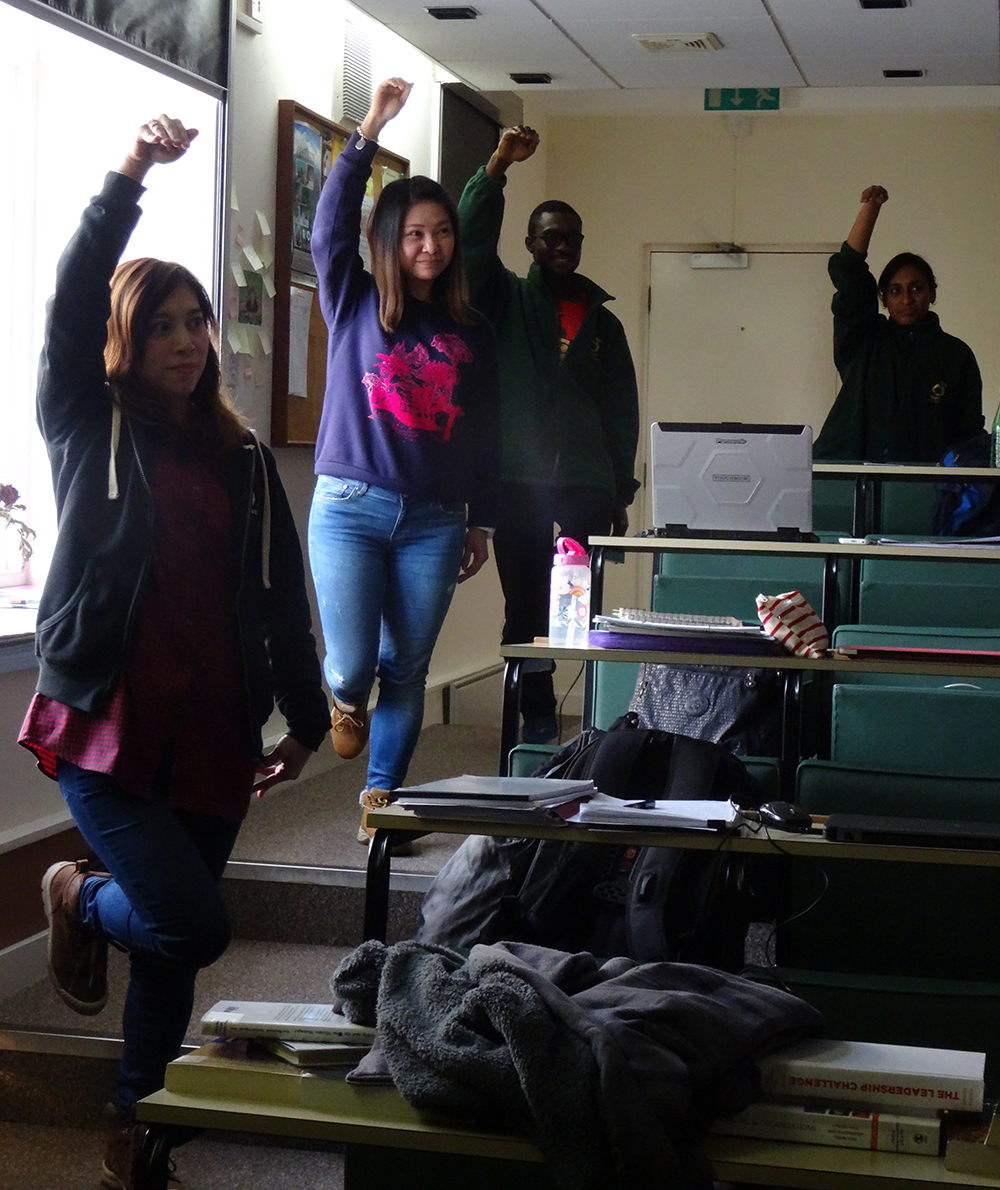
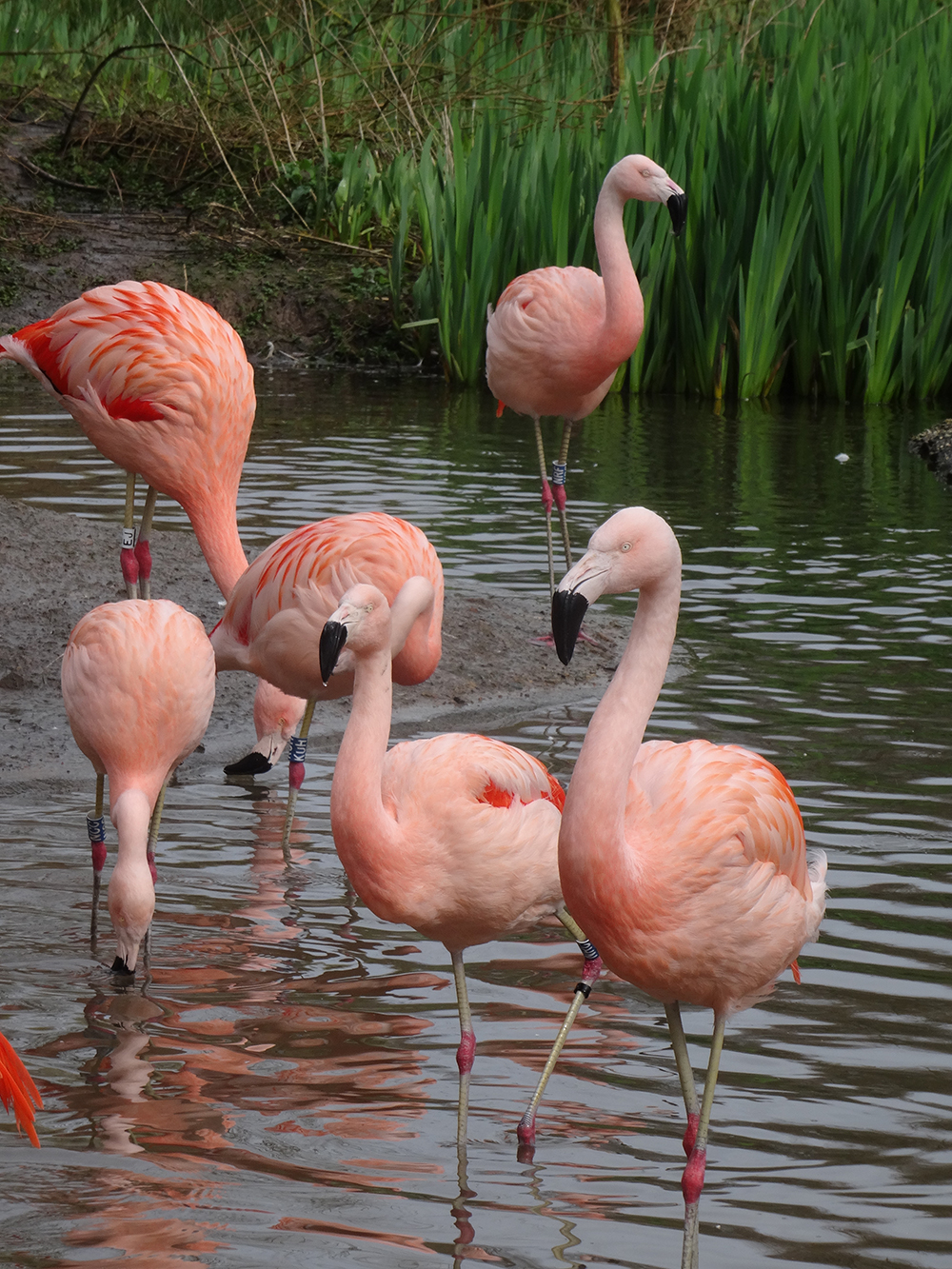
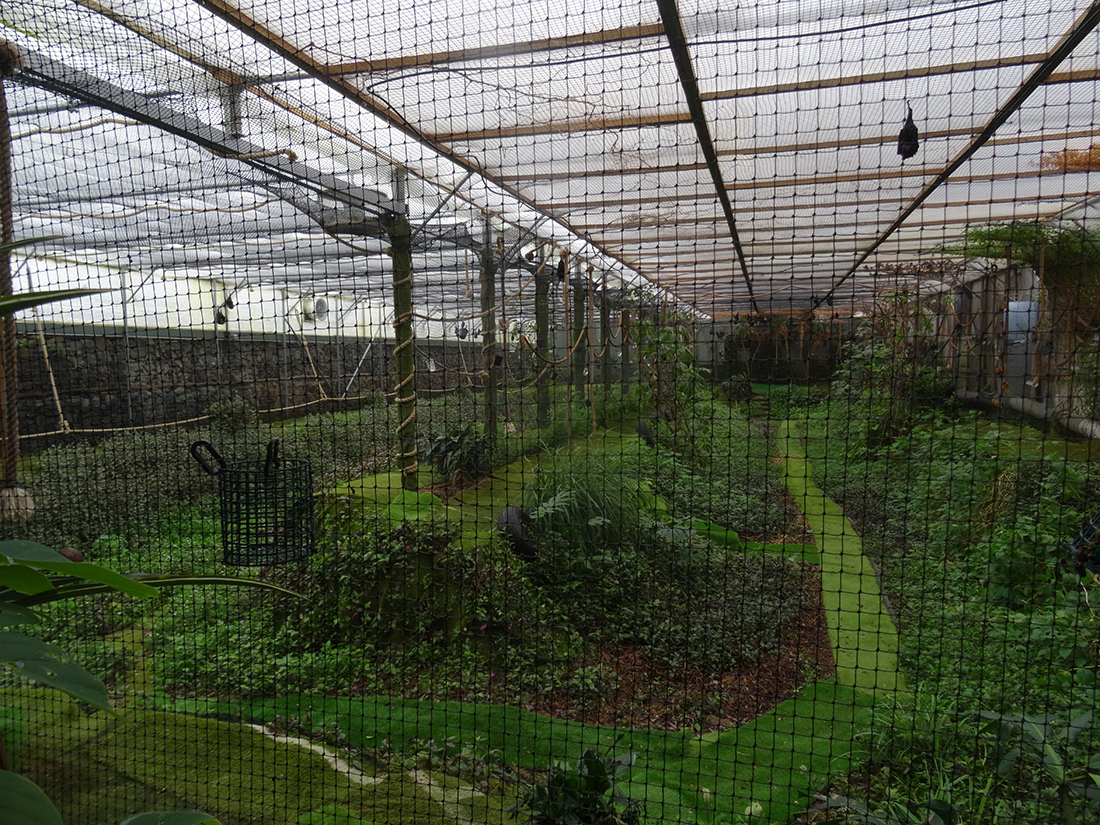 It was of course also great to return to Jersey Zoo, HQ of Durrell and enjoy time in the Zoo – not least the brilliant bat flight enclosure – which in itself has a great community and recycling story in its construction. We also enjoyed reviewing and critiquing the education for visitors, by observing talks, signs and discussing education programmes. One of the great aspects of the DESMAN is that the diversity of participants may have specific field projects and focus, but they get to understand endangered species management in general and the multi-faceted approach needed for conservation to succeed – including through education and communication.
It was of course also great to return to Jersey Zoo, HQ of Durrell and enjoy time in the Zoo – not least the brilliant bat flight enclosure – which in itself has a great community and recycling story in its construction. We also enjoyed reviewing and critiquing the education for visitors, by observing talks, signs and discussing education programmes. One of the great aspects of the DESMAN is that the diversity of participants may have specific field projects and focus, but they get to understand endangered species management in general and the multi-faceted approach needed for conservation to succeed – including through education and communication.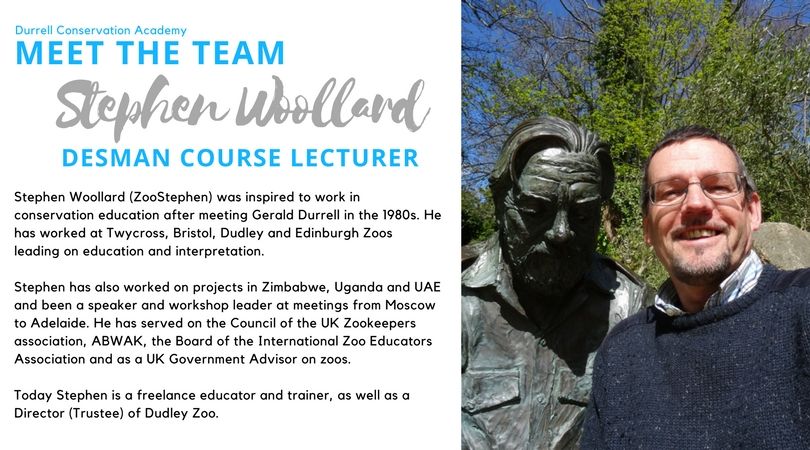

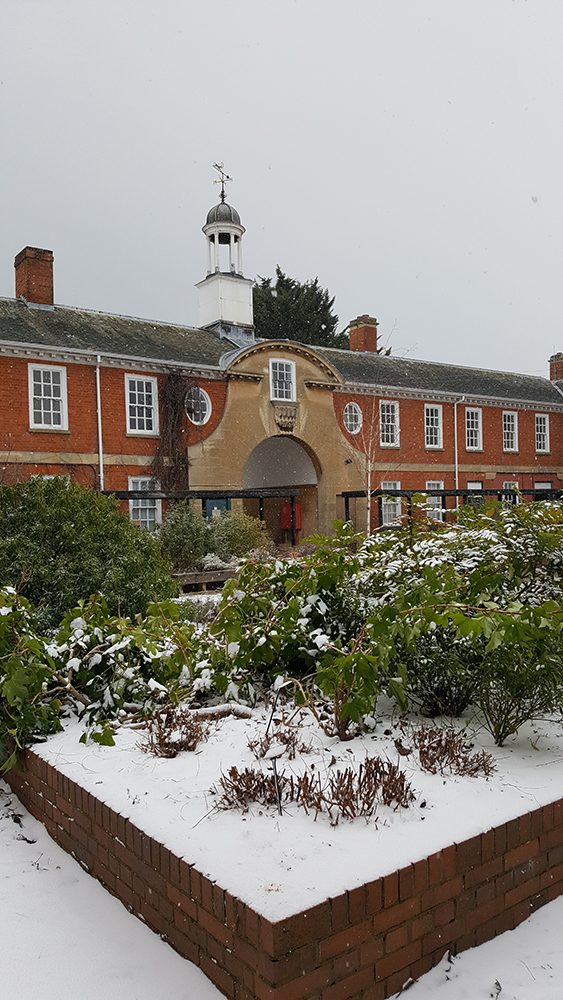
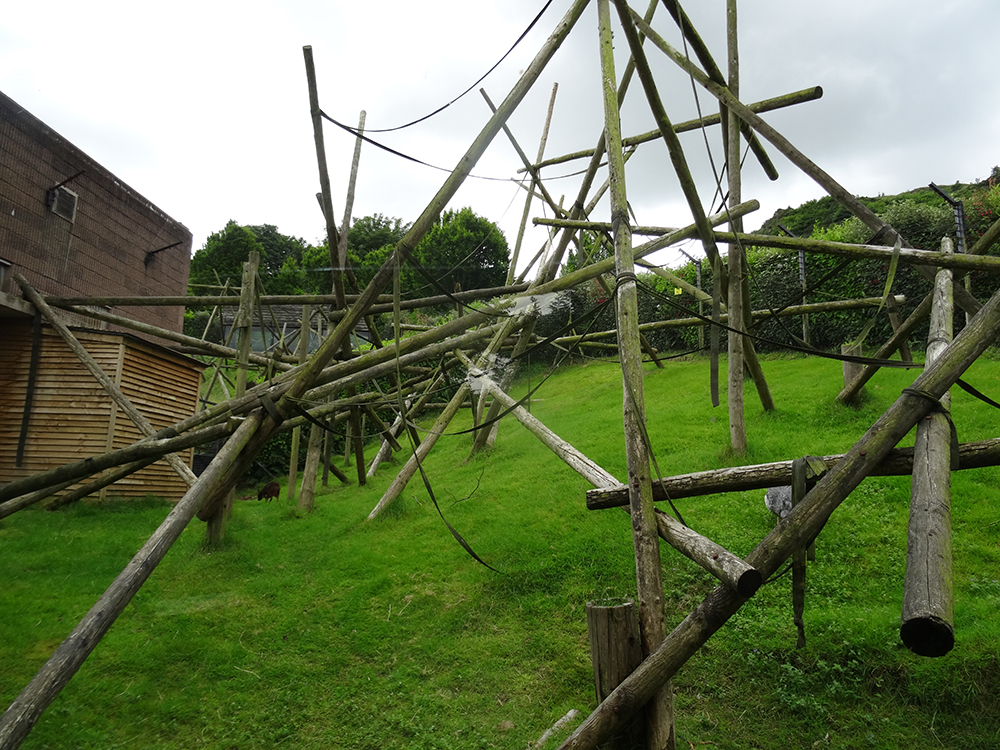
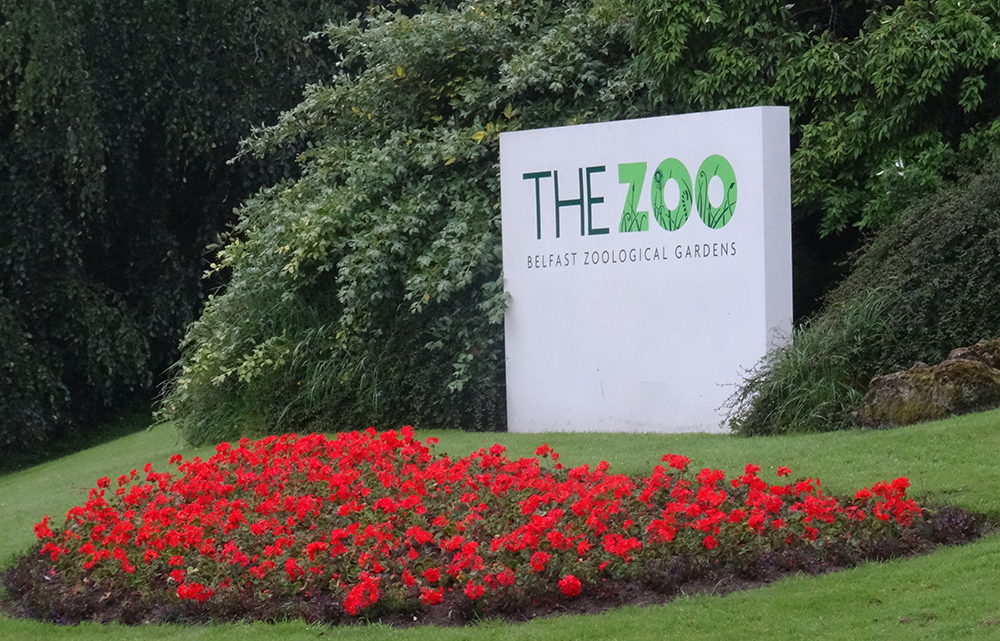
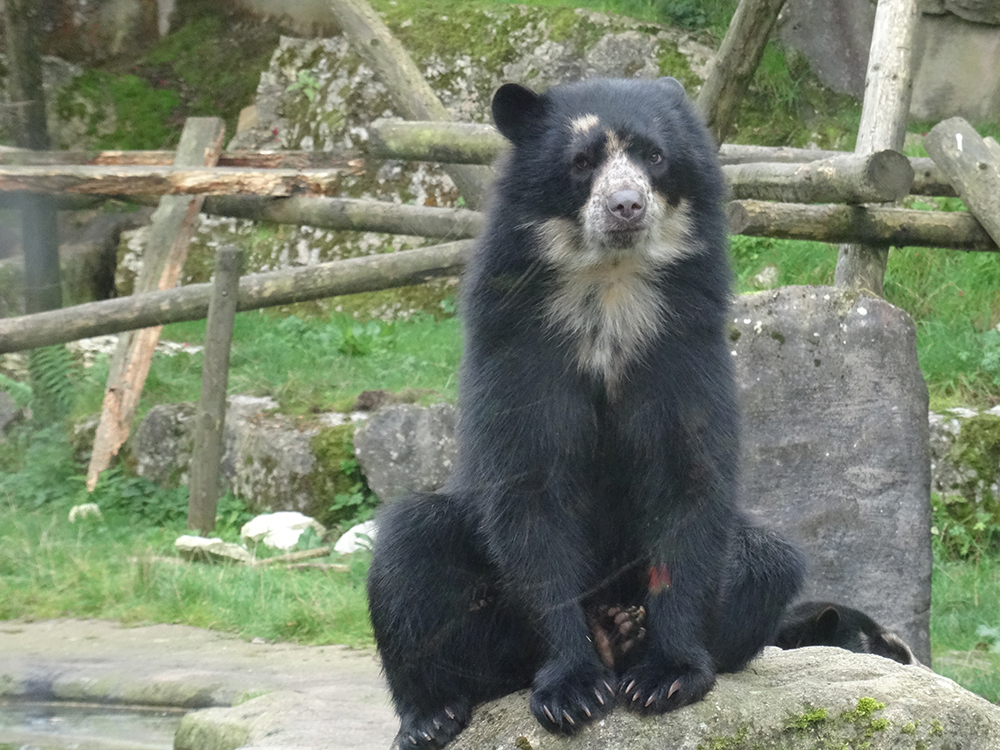
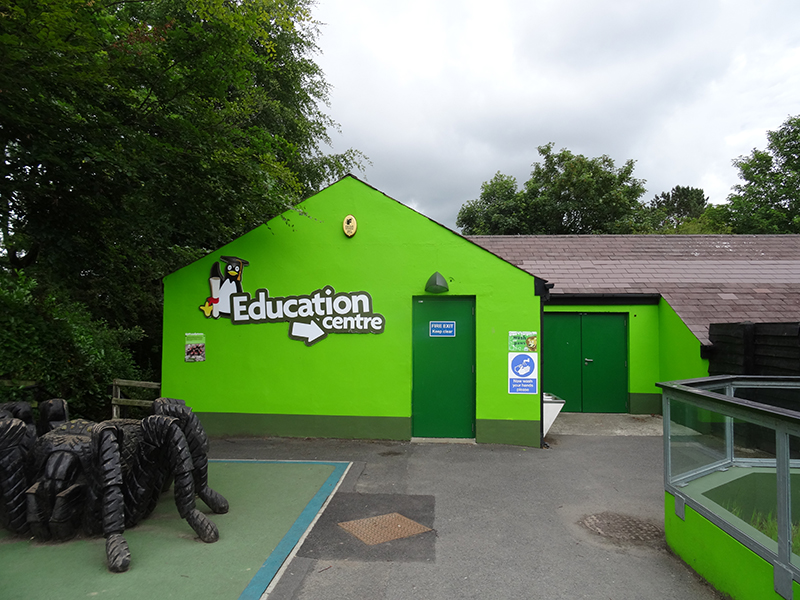
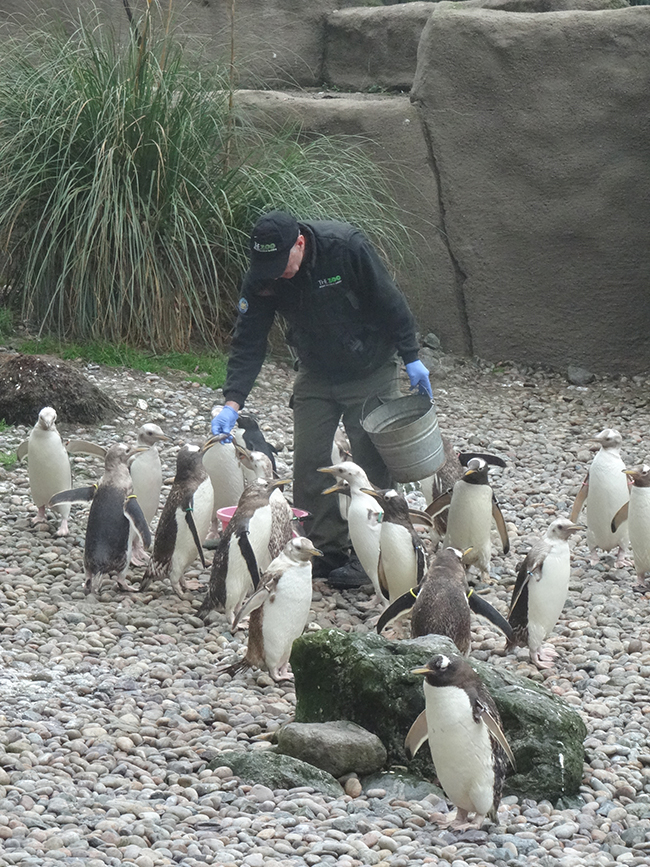
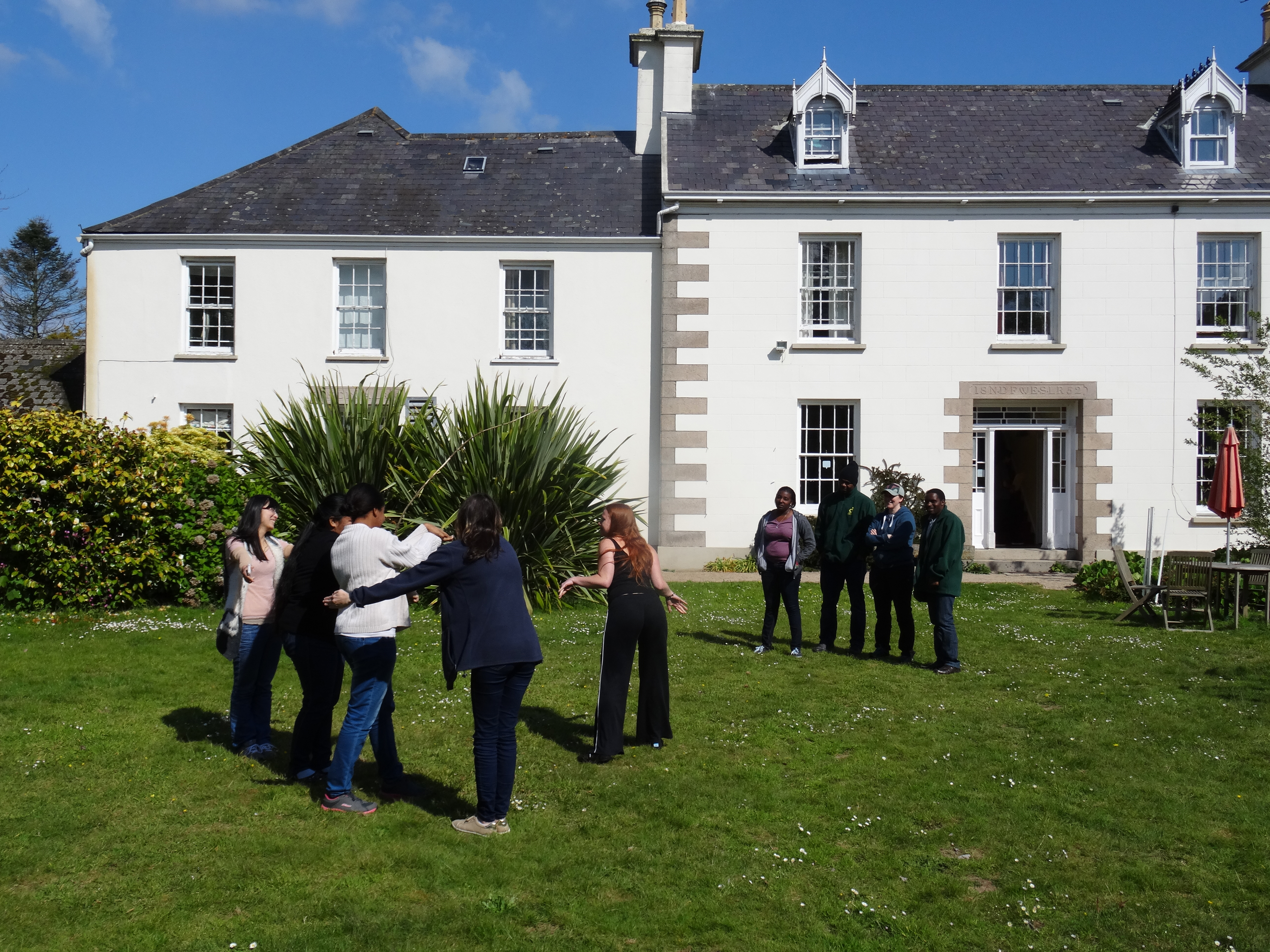
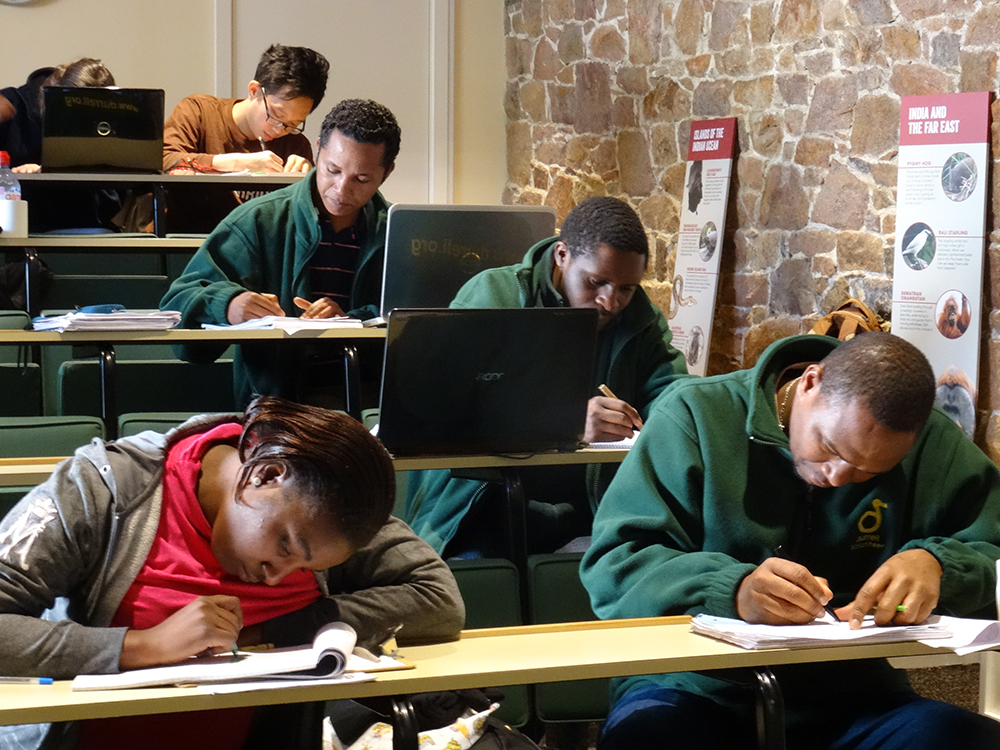 The Durrell Conservation Academy in Jersey has been involved in the training of hundreds of conservationists from around the world and its flagship programme is the Durrell Endangered Species Management Graduate Certificate – DESMAN. It was an honour to be asked to run the Conservation Education training aspect of this year’s course.
The Durrell Conservation Academy in Jersey has been involved in the training of hundreds of conservationists from around the world and its flagship programme is the Durrell Endangered Species Management Graduate Certificate – DESMAN. It was an honour to be asked to run the Conservation Education training aspect of this year’s course.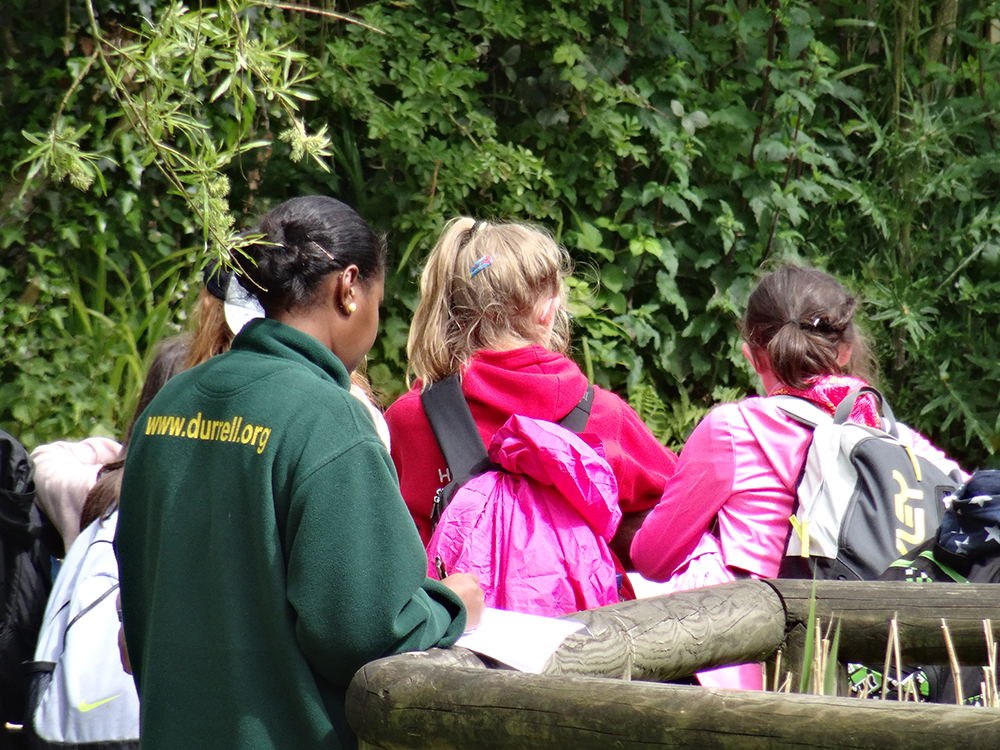
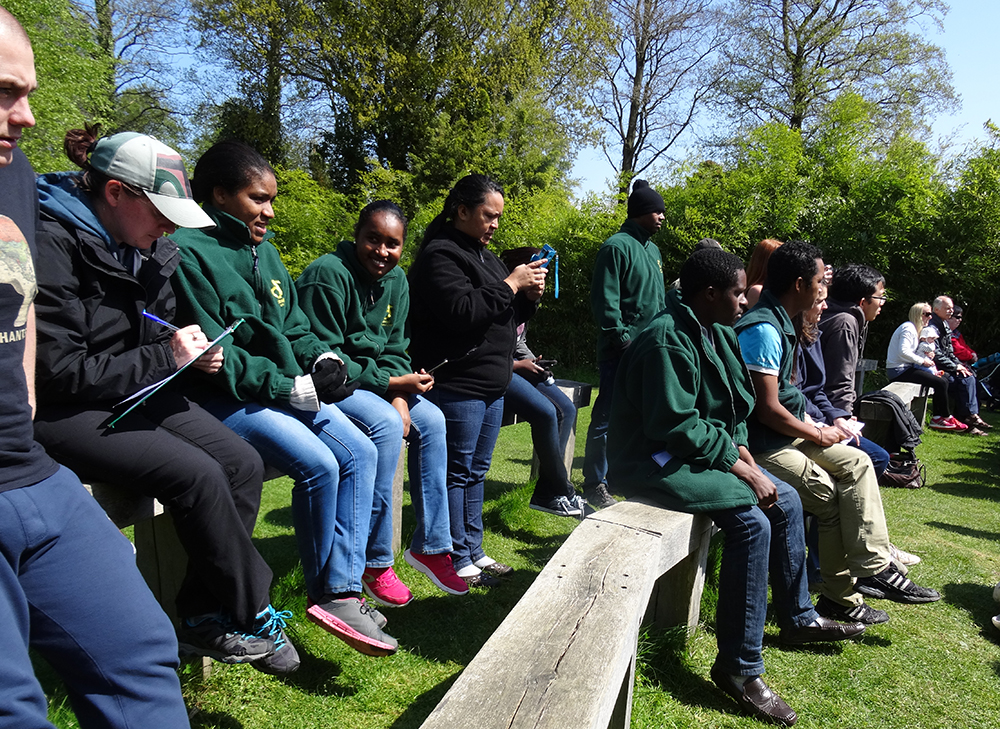
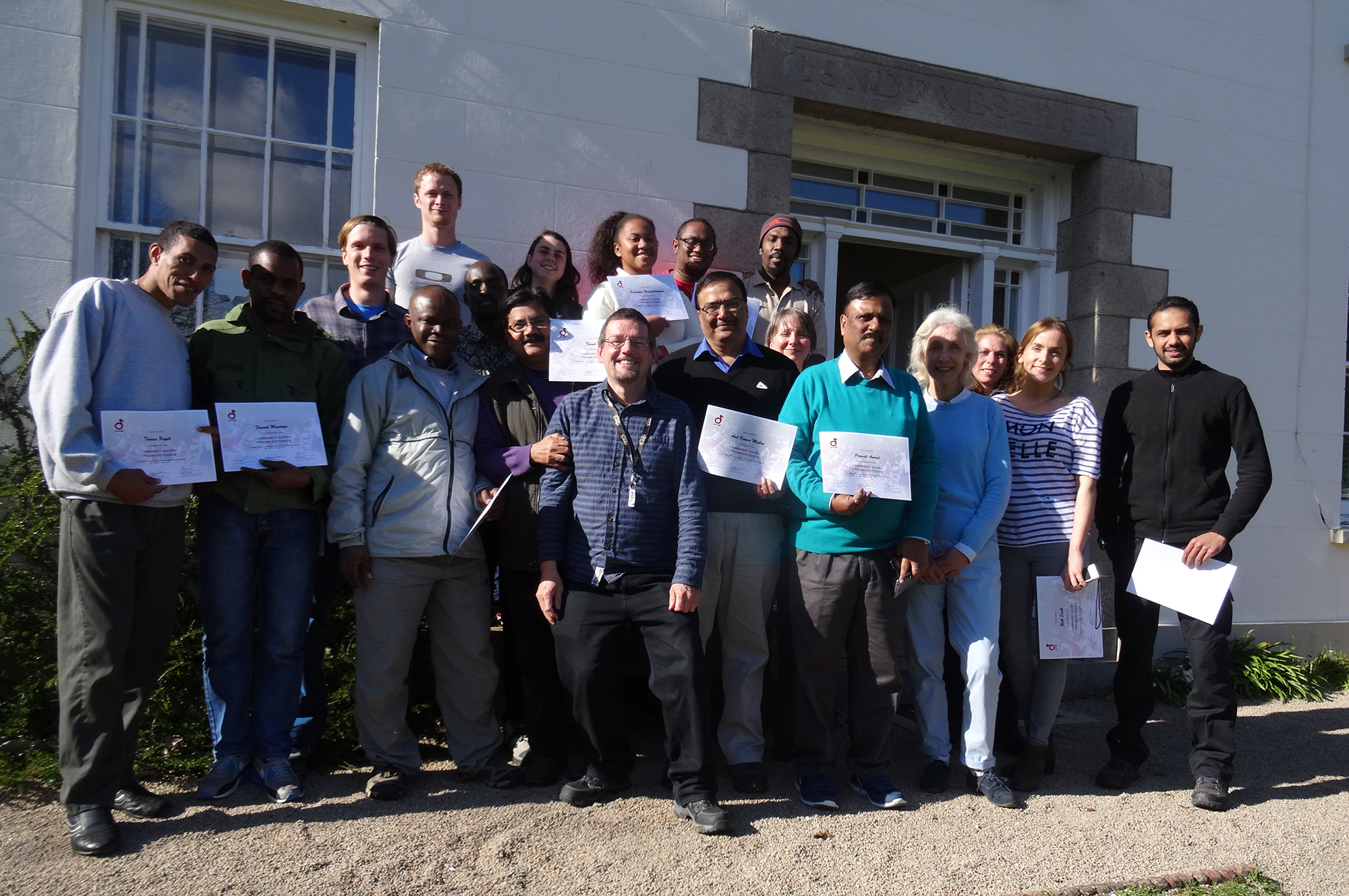
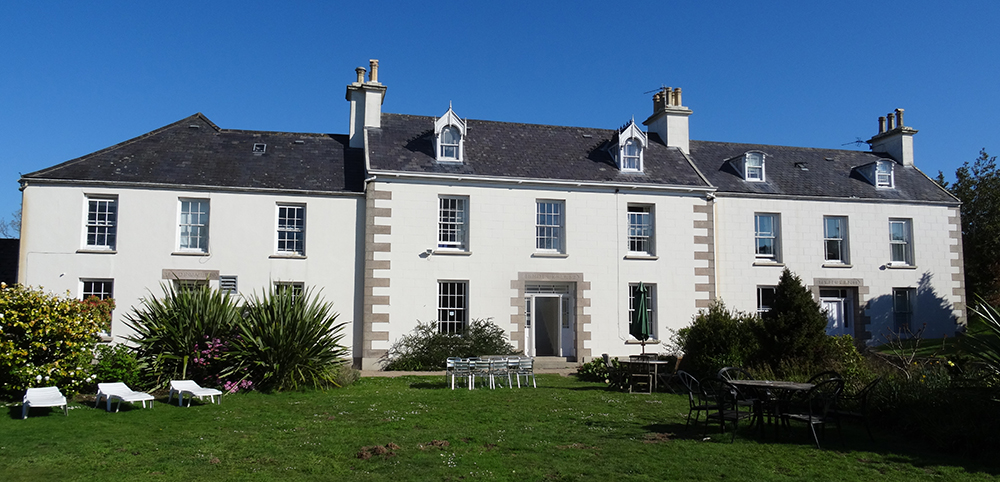
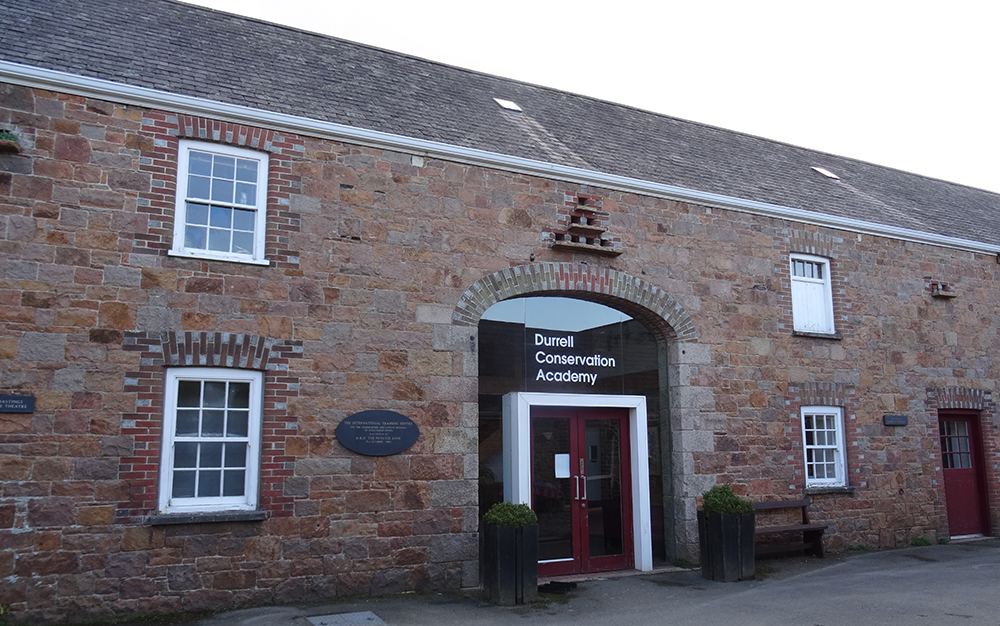 With the 12 week DESMAN – Durrell Endangered Species Management Graduate Certificate – the participants achieve academic recognition, validated by the University of Kent. The course has a high reputation and it is brilliant that scholarships are available.
With the 12 week DESMAN – Durrell Endangered Species Management Graduate Certificate – the participants achieve academic recognition, validated by the University of Kent. The course has a high reputation and it is brilliant that scholarships are available.